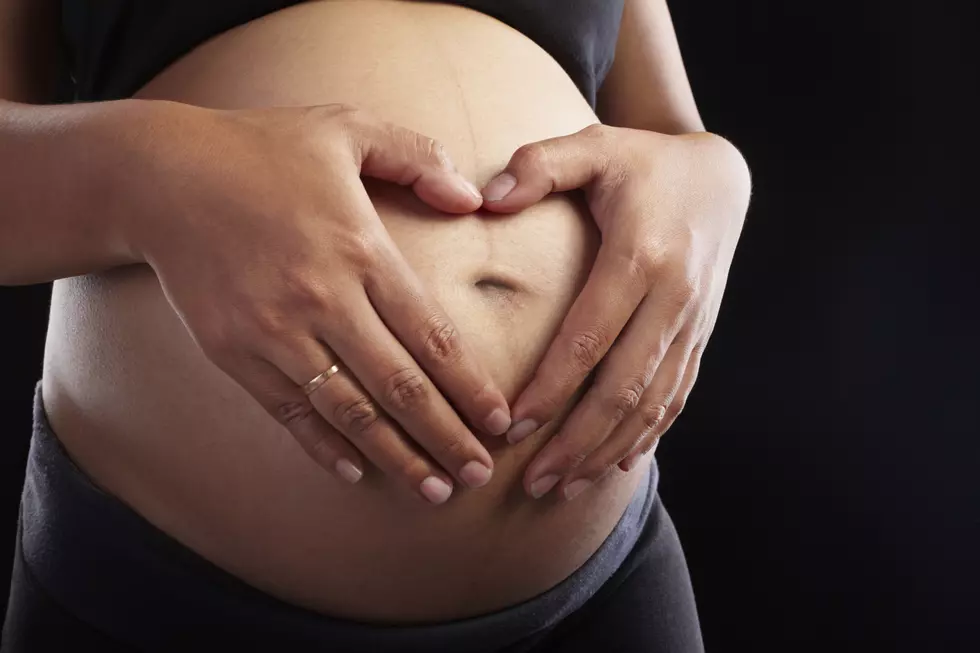
NJ receives ‘C+’ grade for preterm birth rate from March of Dimes
Out of every 100 births in the Garden State, nine or 10 occur too soon.
In a 2019 report card from March of Dimes, an organization fighting for the health of mothers and babies, New Jersey receives a "C+" grade for its preterm (before 37 weeks) birth rate of 9.5%.
That's a better score than the "C" grade given to the country overall, which posts a preterm birth rate of 10.02%. Thirteen states, though, earned a better grade than New Jersey, including New York. Oregon scored the best with an "A-" grade.
The report card took a comprehensive look at the state of maternal and infant health on a state by state basis. The health of the mom and the the health of their developing baby are deeply intertwined.
Citing CDC data, the report said a woman dies approximately every 12 hours due to pregnancy-related complications. More than 60% of these deaths are preventable.
"We've been seeing an increase in maternal mortality as compared to other developed countries," Stacey Stewart, president and CEO of March of Dimes, told New Jersey 101.5.
Heart-related issues are the leading cause of maternal death, Stewart said. Issues such as postpartum depression and substance abuse can also be contributors to maternal mortality.
The average cost of a preterm birth in New Jersey is $72,000, the report states. Cost estimates include medical care for the new children, maternal delivery costs, early intervention services, special education services and lost productivity. The average cost nationally is $65,000.
Looking at the more populated areas of the state, the report found the preterm birth rate improved from year to year in Bergen, Essex, Hudson, Ocean and Union counties, as well as Jersey City specifically.
March of Dimes offered key policy actions to improve maternal and infant health. In too many states, including New Jersey, the group said, Medicaid maternity coverage ends 60 days after giving birth, "ending access to care at a time when risks of maternal complications and death persist."
Nationally and in New Jersey, there's significant racial disparity in maternal mortality, the report notes. The preterm birth rate among black women in New Jersey is 46% higher than the rate of all other women.
To address disparities in birth outcomes, the New Jersey Department of Health launched the Healthy Women, Healthy Families initiative in 2018. More than 30 community health workers and 59 doulas were trained in the process, to provide support and connections that can greatly improve a women's health and likelihood she'll have a favorable birth and healthy baby.
More from New Jersey 101.5:
Contact reporter Dino Flammia at dino.flammia@townsquaremedia.com.
More From New Jersey 101.5 FM




![March Of Dimes [PHOTOS]](http://townsquare.media/site/385/files/2014/04/DSCF1597.jpg?w=980&q=75)
![March For Babies Walk with NJ1015 [PHOTOS]](http://townsquare.media/site/385/files/2014/04/IMG_2653.jpeg?w=980&q=75)
![March of Dimes [PHOTOS]](http://townsquare.media/site/385/files/2013/04/100_6172.jpg?w=980&q=75)


